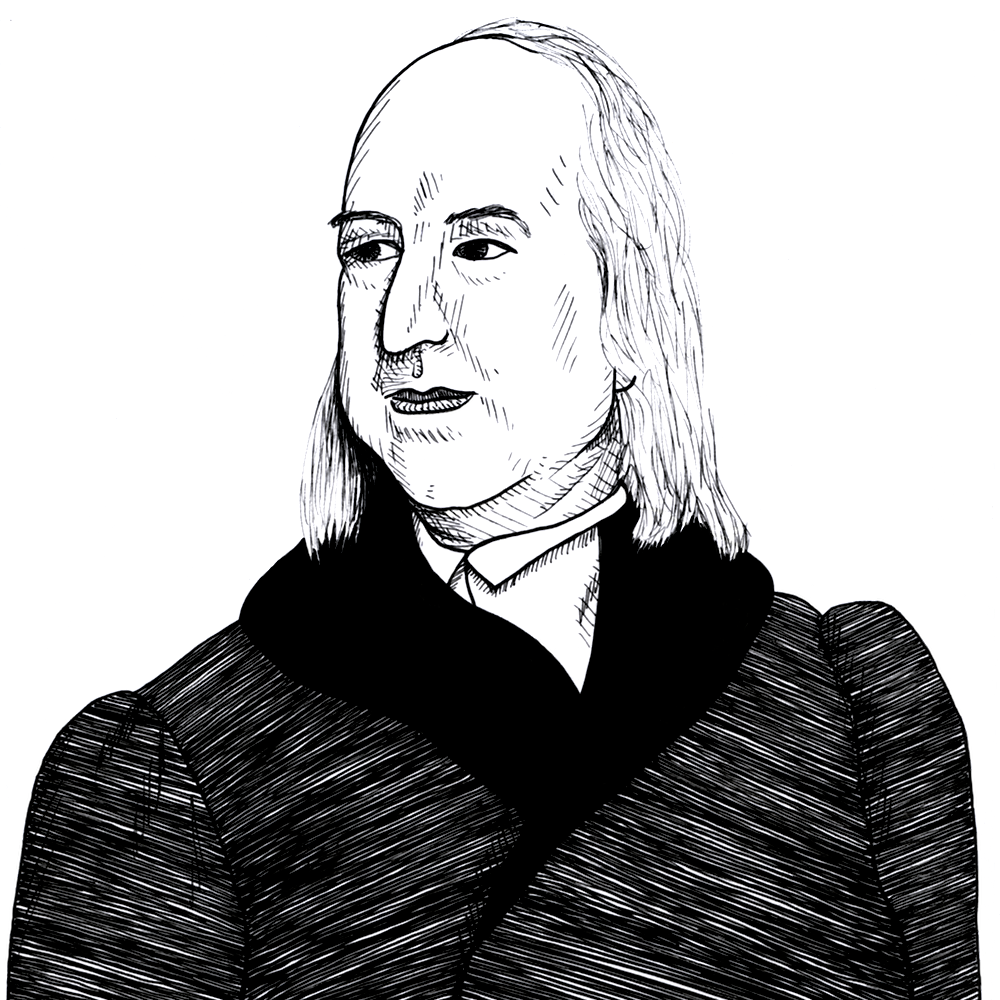
Jeremy Bentham argued that the ruling elite benefits from corruption, waste, and war (1827)
Found in: The Works of Jeremy Bentham, vol. 2
According to Jeremy Bentham (1748-1832) the “ruling one” (the monarch) along with its companion group, “the sub-ruling few” (the establishment), have an interest in creating or maintaining corruption, waste, and war:
Class
Under a government which has for its main object the sacrifice of the greatest happiness of the greatest number, to the sinister interest of the ruling one and the sub-ruling few, corruption and delusion to the greatest extent possible, are necessary to that object: waste, in so far as conducive to the increase of the corruption and delusion fund, a subordinate or co-ordinate object: war, were it only as a means and pretence for such waste, another object never out of view.